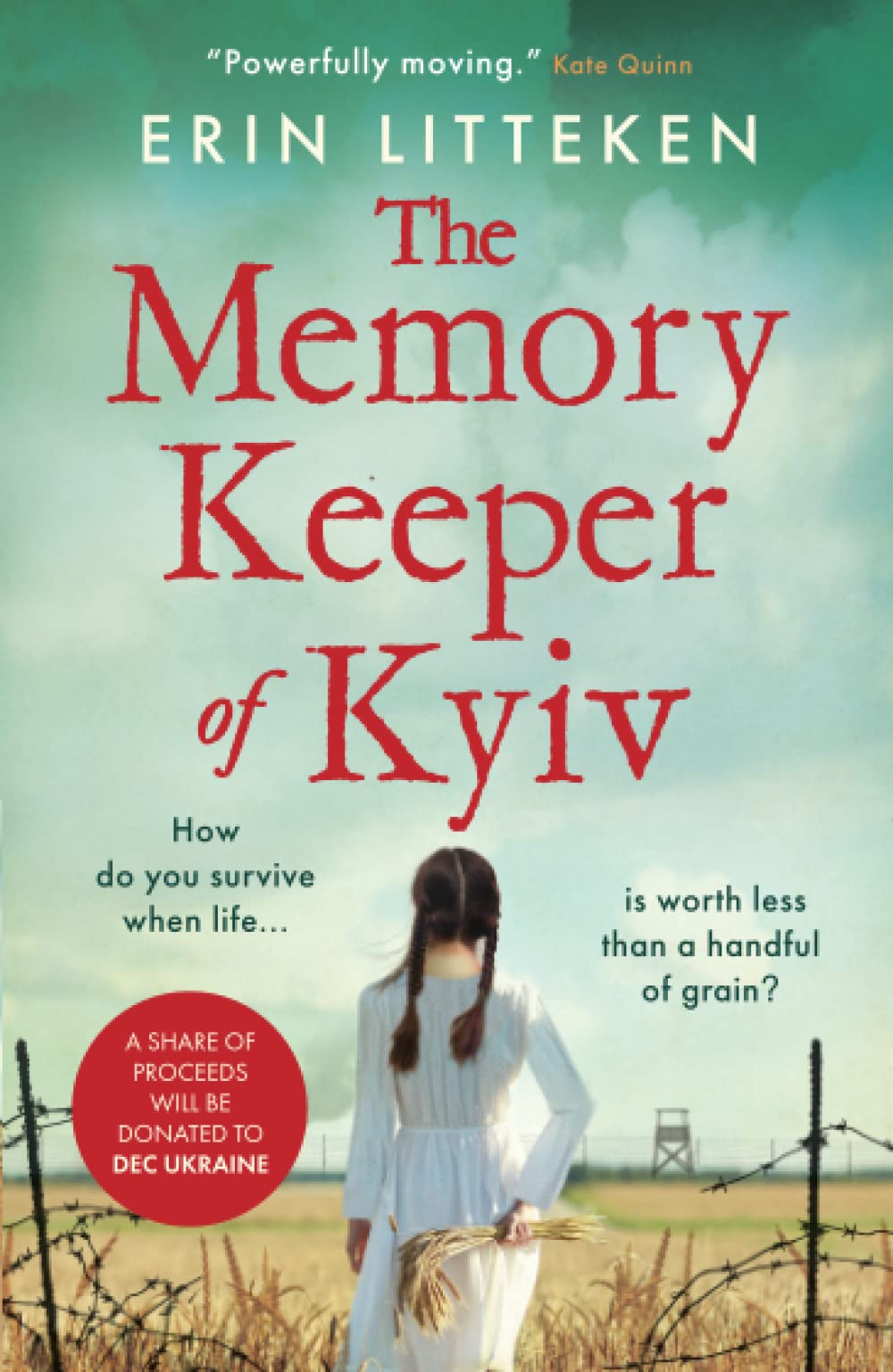What do you think?
Rate this book


350 pages, Paperback
First published May 16, 2022
Wisconsin, 2004. Ever since Cassie’s husband died in a road accident 14 months ago, her five year old daughter Birdie and she have been struggling to let go of their grief. When Grandma Bobby begins suffering from memory issues, Cassie’s mom decides that it would be best for Cassie and Birdie to shift into Bobby’s house for a mutual support. Here, Cassie discovers a journal written in Ukrainian, which seems to contain some secrets of the past.
Ukraine, 1930. Sixteen year old Katya has a lot to look forward to in life. She is part of a happy family and has a childhood sweetheart Pavlo right next door. But when Stalin’s activists come to their village and demand that everyone join the initiative of collective farming, the future suddenly doesn’t look so bright.
Both the timelines are written in a limited third person perspective.
“It’s the same story every time, for centuries. Everyone wants Ukraine’s fertile soil for their own, and nobody wants to let Ukrainians rule it.”Good historical fiction books are impressive because they are simultaneously entertaining and educational. Unfortunately The Memory Keeper of Kyiv only manages to check one of those boxes.
“How did we survive this?” Katya asked. “So many didn’t. Why us?”
“Sometimes, I think they are the lucky ones,” Kolya said, his voice hollow.